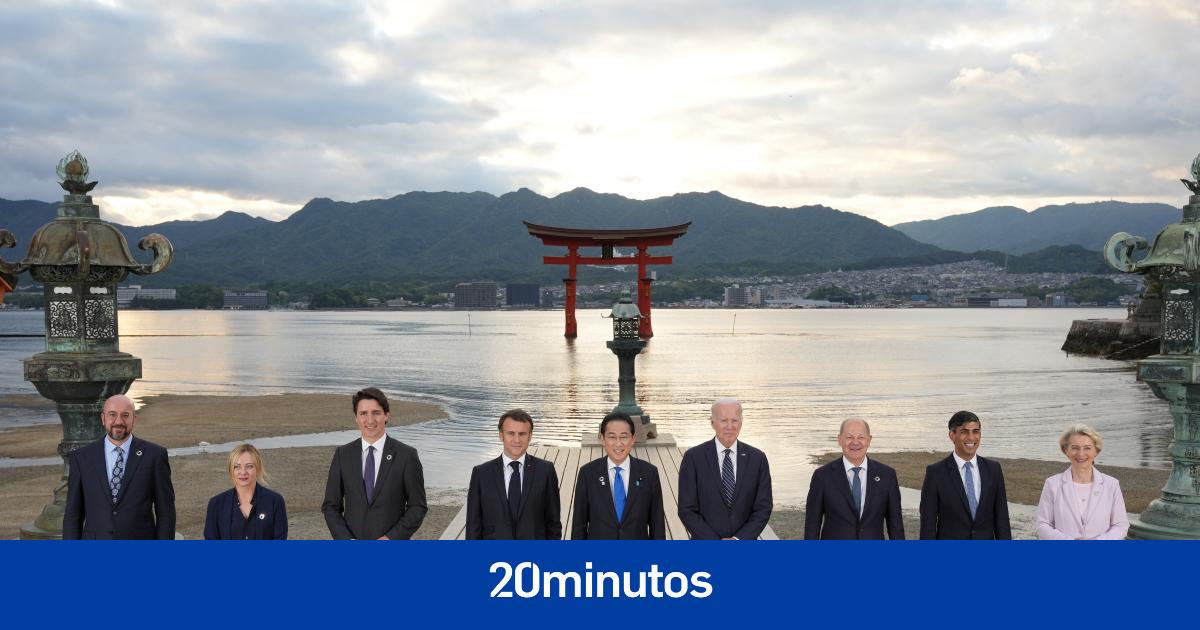G7 to reduce its trade dependence on China to counter its “malicious practices”.

The G7 set out on Saturday that it will take steps to invest in its own economies and reduce their “excessive dependencies” on China. for “critical” supplies, without this approach seeking in any way to undermine Beijing’s development.
In the final declaration of the G7 summit held in the Japanese city of Hiroshima, the leaders of the bloc have indicated that they consider that a resilient economy “requires de-risking and diversifying.”They have therefore advocated taking steps individually and collectively in their own economies.
The G7 has stressed that its policies are not designed “to harm” Beijing or to “impede China’s economic progress and development” and has assured that. “a growing China playing by international rules would be in the global interest.” but at the same time he has called for “recud[ing]excessive dependencies in our critical supply chains”.
In their communiqué published on Saturday, a day ahead of schedule and following the arrival in Hiroshima of Ukrainian President Volodymir Zelenski, the leaders of the bloc (Canada, France, Germany, Italy, Japan, the United Kingdom and the United States) referred to. “China’s non-market policies and practices.”

“With a view to enabling a sustainable economic relations with China and strengthen the international trading system, we will push for a level playing field for our workers and businesses,” said the group, which has pledged to address the challenges involved in such practices, which they see as “distorting the global economy.”
“We will counter malicious practices, such as the. illegitimate technology transfer or the disclosure of data.“, reads the text, which also speaks of tackling “economic coercion”.
The G7 has further agreed on “the need to protect certain advanced technologies that could be used to threaten our national security.without unduly limiting trade and investment”.
The G7 leaders’ statement was released shortly after another communiqué precisely on economic coercion in which. condemned the use of export fortresses “as a weapon”. of the countries and its instrumentalization as a political tool.
Although that text does not expressly mention any country, U.S. sources confirmed that. the group had China in mind.





